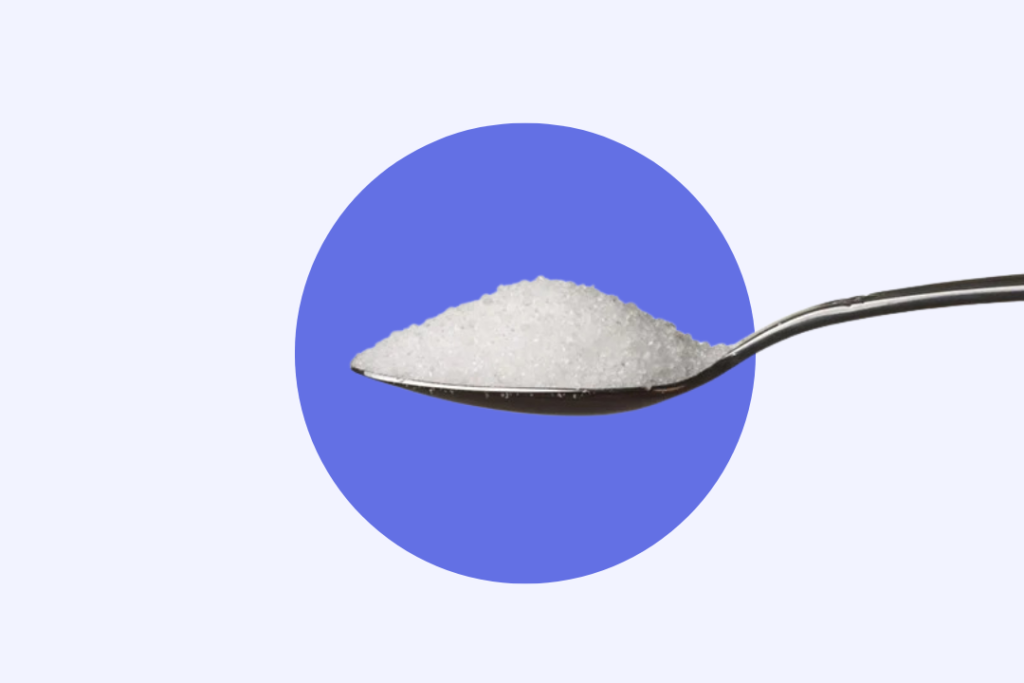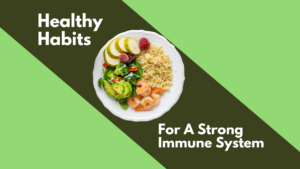
Yashvi Chheda
Bariatric Dietician & Content Writer

Why is Aspartame Bad?

About Aspartame:
Aspartame is a non-nutritive sweetener (NNS), low in calories, also called as artificial sweetener that replaces sugar in a variety of foods and beverages. It is made up of the amino acids phenylalanine and aspartic acid, together with a trace amount of methanol.
Because aspartame is around 200 times sweeter than sugar, a tiny amount can achieve the same level of sweetness as more sugar. It is frequently discovered in diet sodas, sugar-free drinks, chewing gum, tabletop sweeteners, and a range of processed goods marked as “sugar-free” or “diet.”
Previous research:
Global regulatory organizations, such as the World Health Organisation (WHO), the European Food Safety Authority (EFSA), and the U.S. Food and Drug Administration (FDA), have conducted considerable research on the safety of aspartame. These organizations have assessed that aspartame is safe for ingestion within the recommended daily intake (ADI) levels.
But this statement is based upon previous research.
Recent research:
In recent research it was discovered that people who used artificial sweeteners, particularly aspartame, had a higher risk of developing cancer overall. According to the study, those who consumed the sweeteners had greater risks of developing breast and obesity-related malignancies.
How is Aspartame broken down in the body?
Methanol is produced as part of the aspartame breakdown in your body. Fruit, fruit juice, fermented beverages, and various vegetables can all either contain or produce methanol when consumed.
According to a study, the main source of methanol in the diet was aspartame. Methanol is hazardous in large doses, but due to the improved absorption when mixed with free methanol, smaller doses may also be worrisome.
Some foods include free methanol, which is also produced when aspartame is cooked. Regular use of free methanol may be harmful since it causes the body to produce formaldehyde, a recognised carcinogen and neurotoxic.
Scientists and regulatory experts warn against establishing broad generalizations regarding the connection between aspartame consumption, methanol and formaldehyde formation in the body, and health effects.
Aspartame is even more bad for obese people:
Aspartame’s effect on hunger and desires is one defense for its potential “bad” status for obese individuals According to several studies, aspartame and other artificial sweeteners may not completely fulfill the brain’s reward center, increasing hunger and the chance of overeating. This can be challenging for those trying to control their weight, especially if they consume a lot of foods with artificial sweeteners.
Additionally, several researches have suggested a potential link between artificial sweeteners and metabolic dysregulation, such as slowed glucose metabolism and insulin resistance. People who are already overweight or obese may be more susceptible to these consequences since they may already have metabolic problems. It’s crucial to remember that additional study is required to completely comprehend the long-term consequences of artificial sweeteners on metabolic health.
It’s important to note that not everyone will react negatively to aspartame or any other artificial sweetener, and reactions can vary from person to person. When it comes to nutrition, moderation and balance are essential, and emphasizing a well-rounded diet with whole, unprocessed foods is typically seen to be the greatest strategy for overall health and weight management.
It’s always a good idea to speak with a healthcare provider or trained dietitian if you have questions about your diet or the impact of particular substances. These professionals can offer personalized guidance based on your unique requirements and health.
Foods & drinks that commonly contain Aspartame:
- Beverages: Diet Coke, diet soda, Diet Pepsi, Crystal Light, Sprite Zero, Fanta Zero, and Diet Mountain Dew all contain aspartame.
- Desserts: gelatin, ice cream, puddings, cereals, sugar-free desserts, diet frozen desserts, and jams without sugar
- Dairy products: In addition to other artificial sweeteners, aspartame is used to sweeten fat-free yoghurt and low-fat flavoured milk.
Although it sounds like an amazing alternative for sugar, it comes with a different set of ill effects. Hence, it is advised to avoid food items that contain aspartame. Nutritional labels and ingredients list can be checked to confirm the presence of this sweetener before consuming anything.
Not only your weight, but overall health is important!






